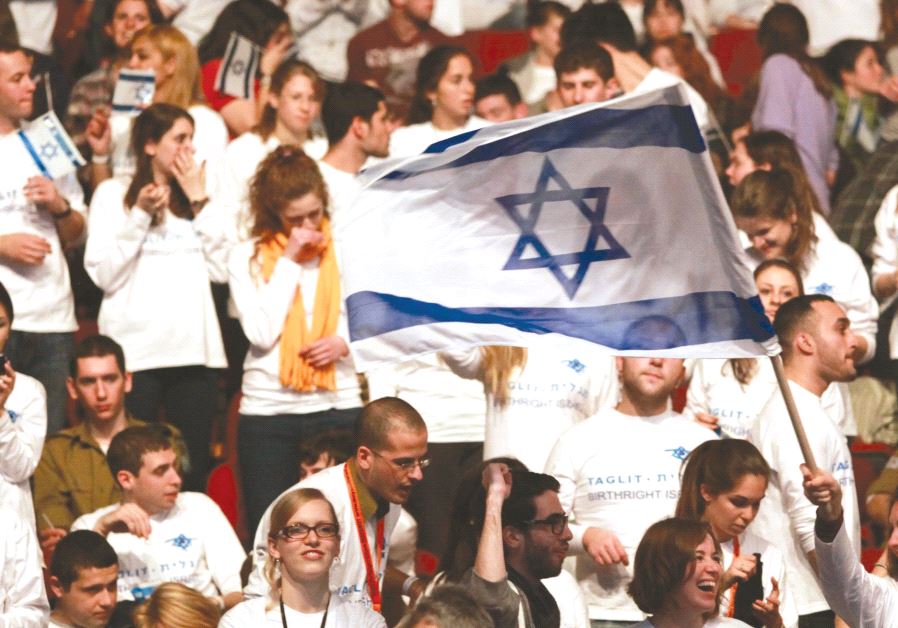Unity, not uniformity
From the outset, the Hebrew Yishuv understood that the connection with its brothers and sisters in the Diaspora was essential to its existence.
 YOUTH ATTEND a Birthright-Israel event in Jerusalem.(photo credit: MARC ISRAEL SELLEM/THE JERUSALEM POST)
YOUTH ATTEND a Birthright-Israel event in Jerusalem.(photo credit: MARC ISRAEL SELLEM/THE JERUSALEM POST)